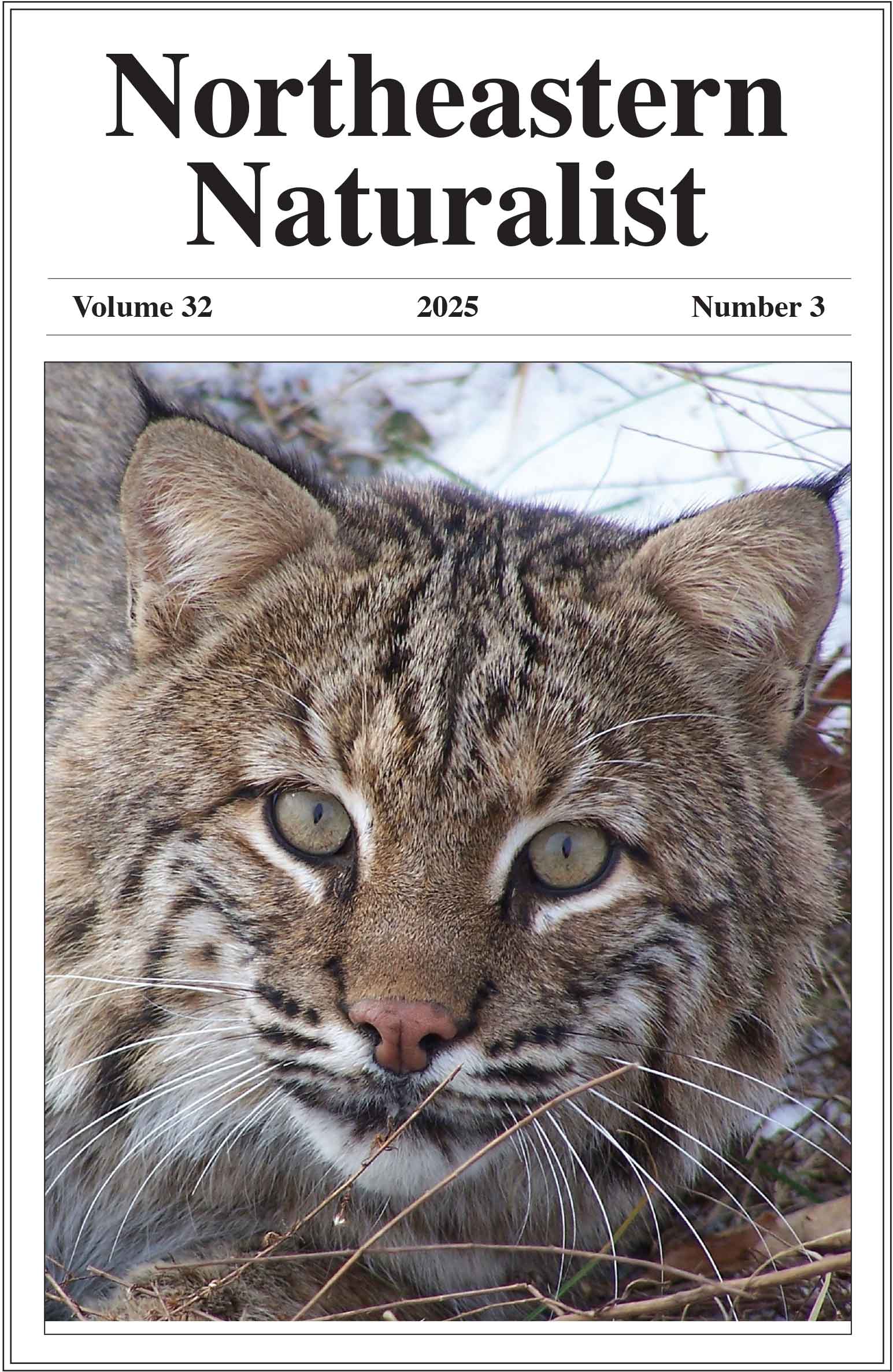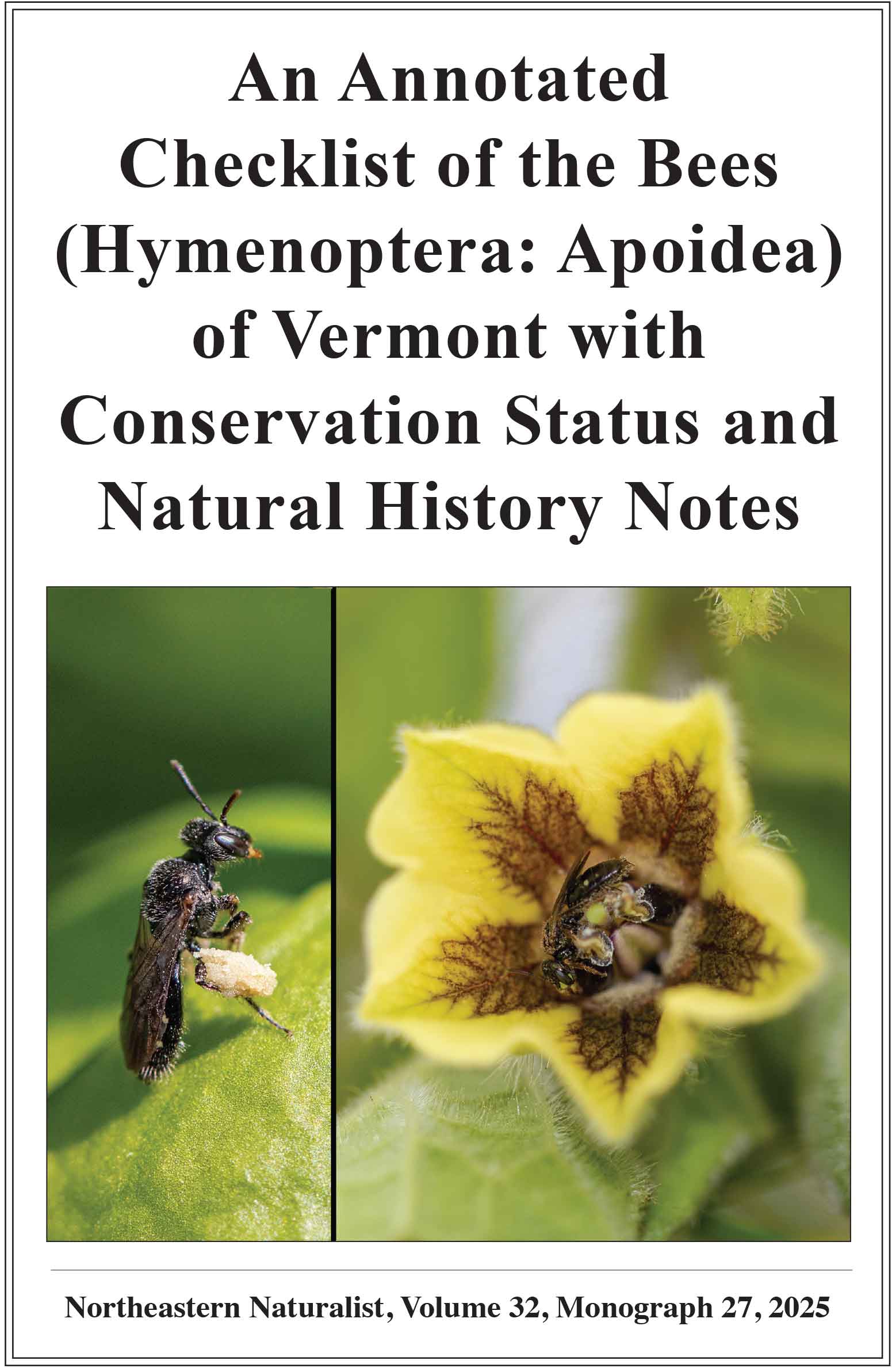Climate Change Adaptation and Mitigation in the Face of Local Uncertainty: A Phenomenological Study
Lydia Horne1,*, Sandra De Urioste-Stone2, and John Daigle2
1Ecology and Environmental Sciences, University of Maine, 5755 Nutting Hall, Orono, ME 04469. 2School of Forest Resources, University of Maine, 5755 Nutting Hall, Orono, ME 04469. *Corresponding author.
Northeastern Naturalist, Volume 28, Special Issue 11 (2021): 108–128
Abstract
Nature-based tourism is an important economic industry for Maine, with winter tourism especially vulnerable to climate change. Perceptions of risk due to climate change can influence stakeholder decisions to respond (adapt or mitigate) to climate change. We used phenomenology to study how nature-based tourism stakeholders perceive their risk to climate change and how they are responding. We conducted 20 semi-structured stakeholder interviews in Western Maine. We analyzed interviews using interpretive phenomenological analysis. A key theme was that of uncertainty of the causes of climate change, impacts to the region, and whether or not experienced environmental changes were related to climate change. Participants showed a need for information about climate change specific to the study region to facilitate the adoption of more strategies to bolster the adaptive capacity of the destination.
![]() Download Full-text pdf (Accessible only to subscribers. To subscribe click here.)
Download Full-text pdf (Accessible only to subscribers. To subscribe click here.)
Access Journal Content
Open access browsing of table of contents and abstract pages. Full text pdfs available for download for subscribers.
Issue-in-Progress: Vol. 32(4) ... early view
Check out NENA's latest monograph and Special Issue:













 The Northeastern Naturalist is a peer-reviewed journal that covers all aspects of natural history within northeastern North America. We welcome research articles, summary review papers, and observational notes.
The Northeastern Naturalist is a peer-reviewed journal that covers all aspects of natural history within northeastern North America. We welcome research articles, summary review papers, and observational notes.